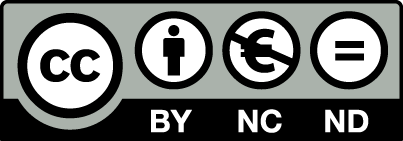The quality of education in higher education (a perspective of an organisational game)
Andrzej Korybski
Uniwersytet Marii Curie-Skłodowskiej
2018 10 (2) Krytyka Prawa. Niezależne studia nad prawem
DOI 10.7206/kp.2080-1084.197








